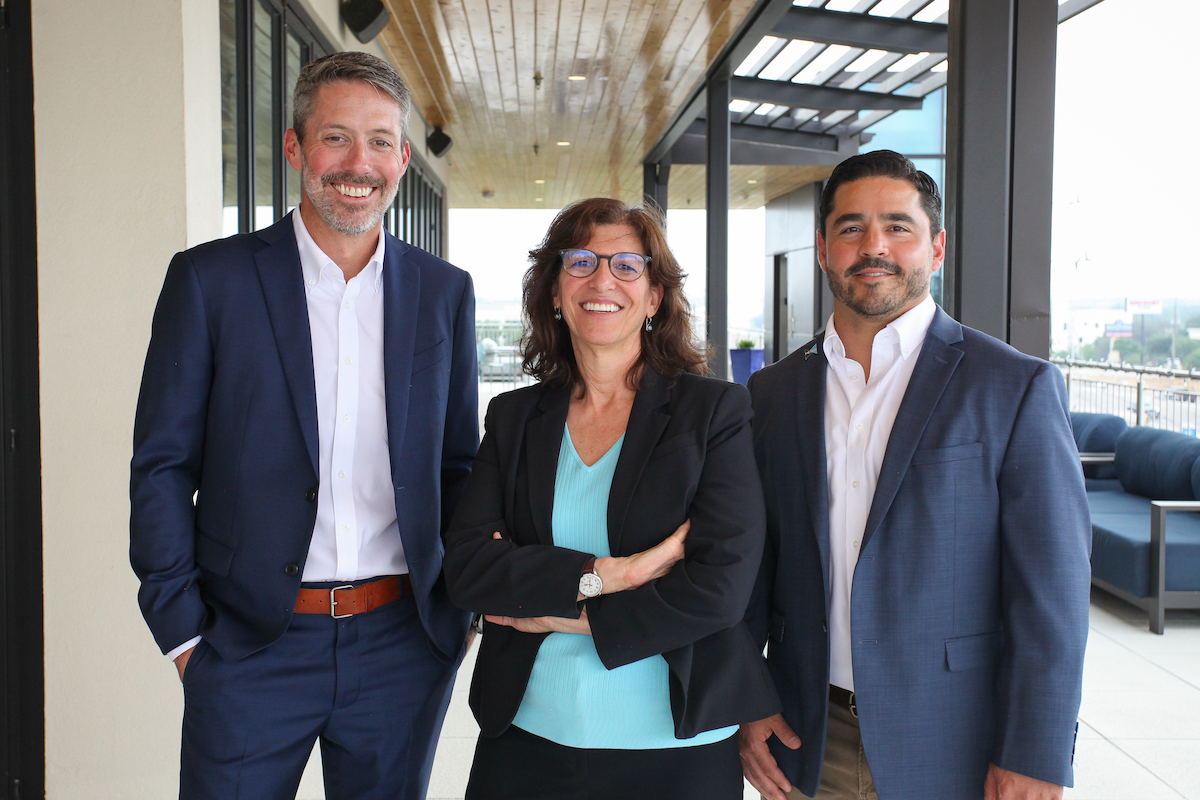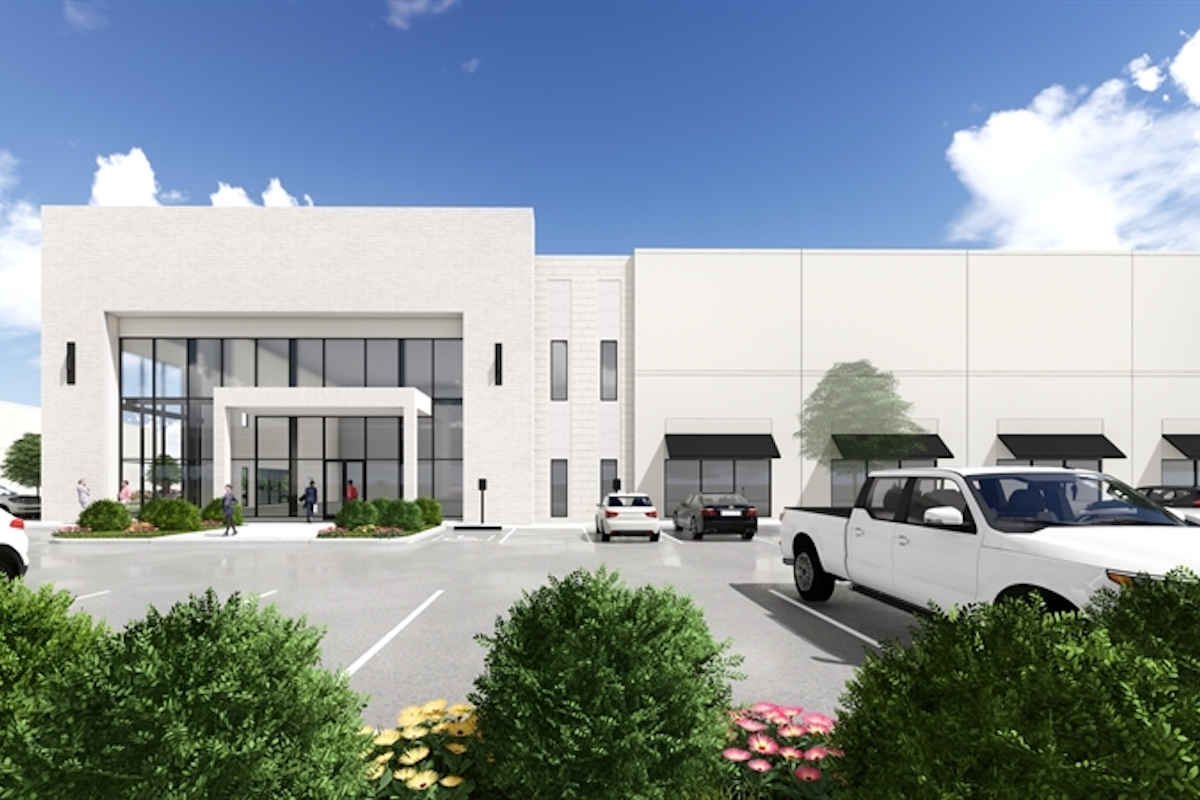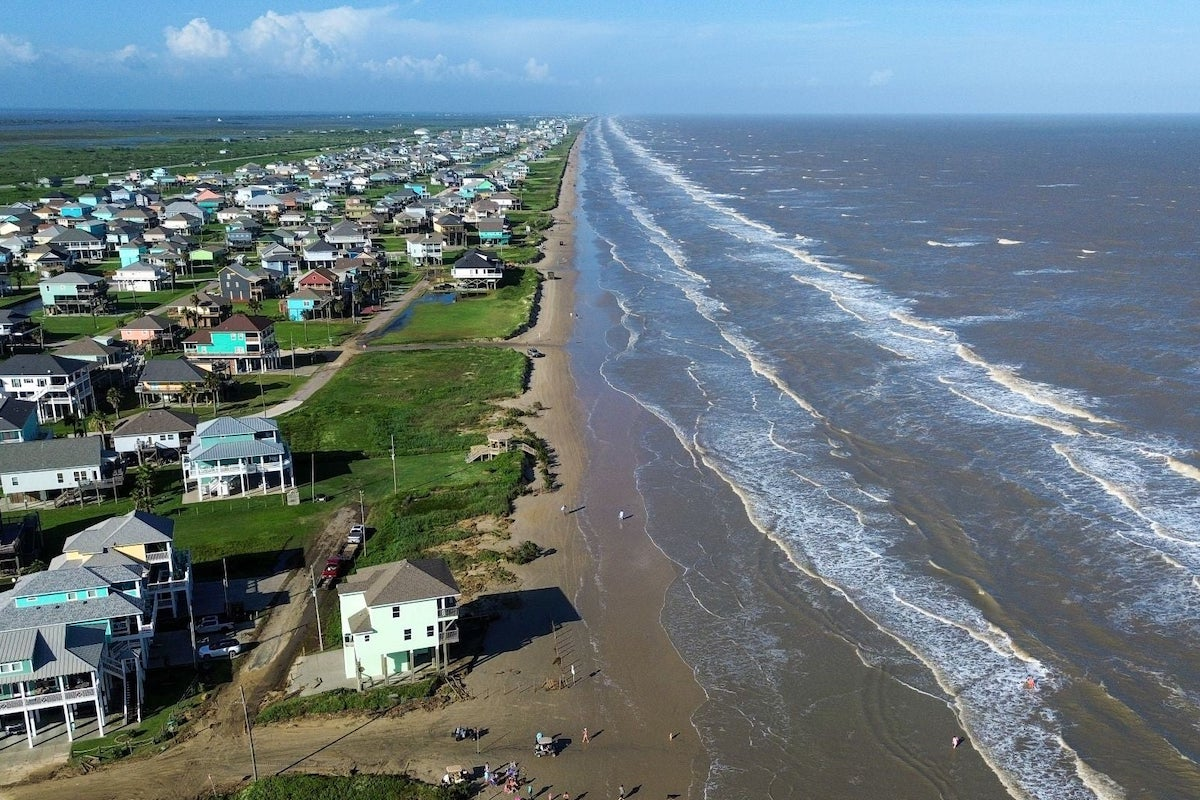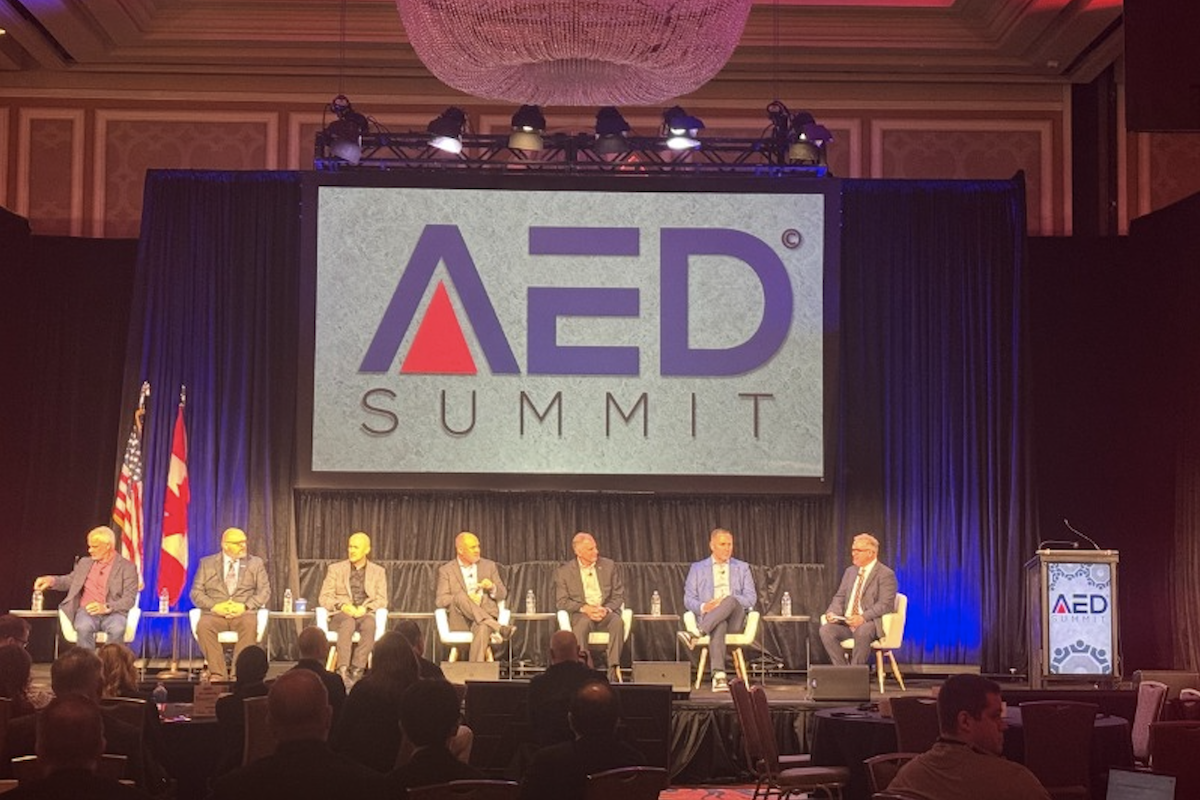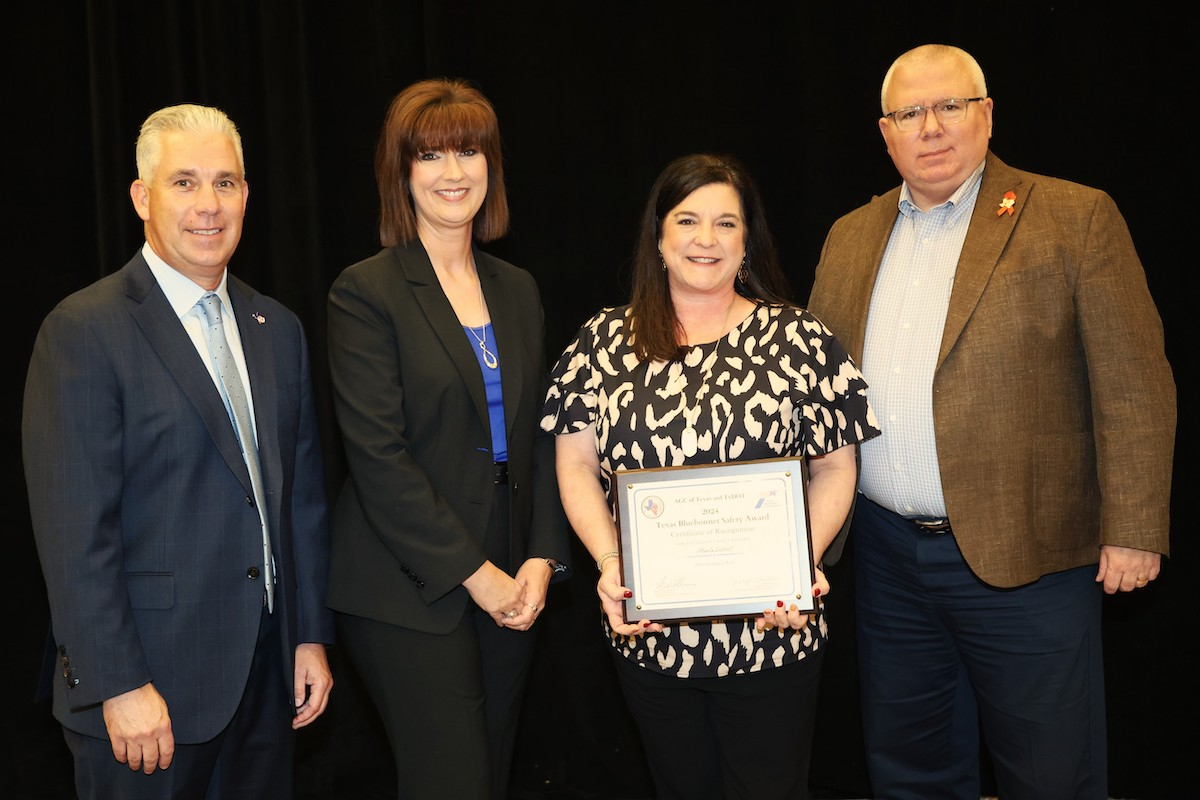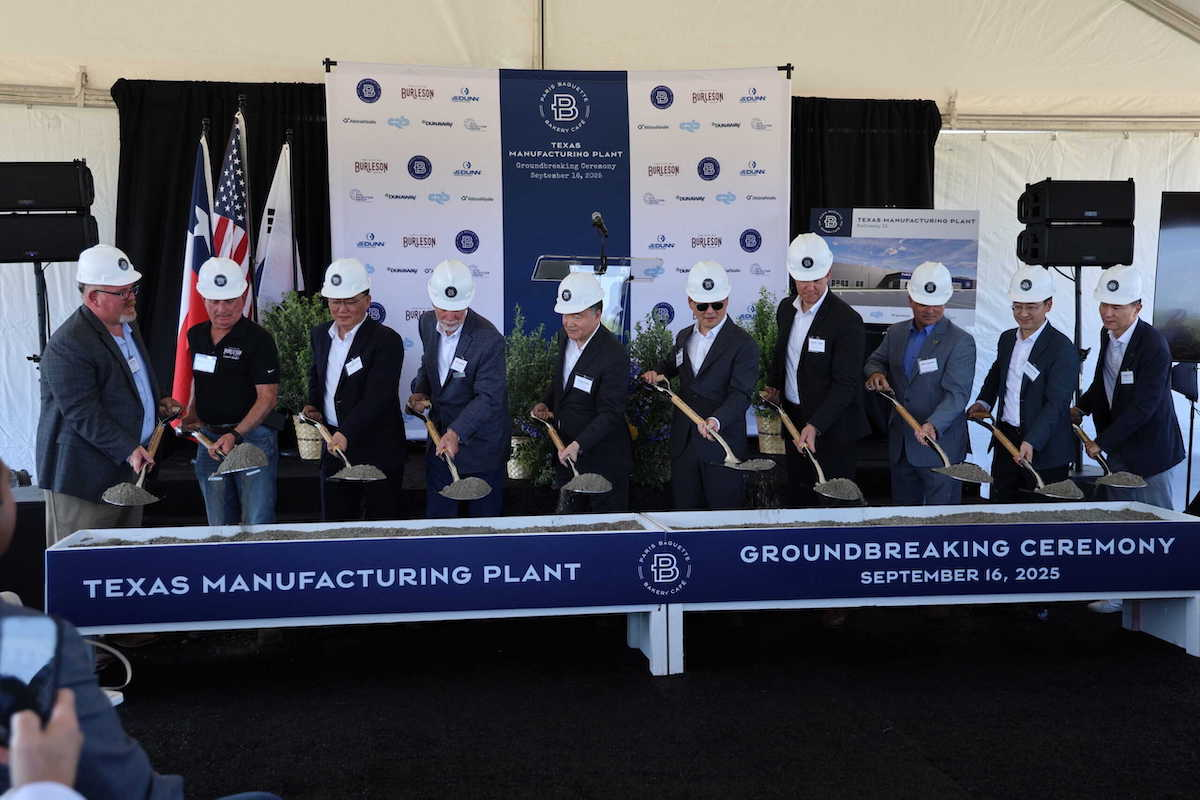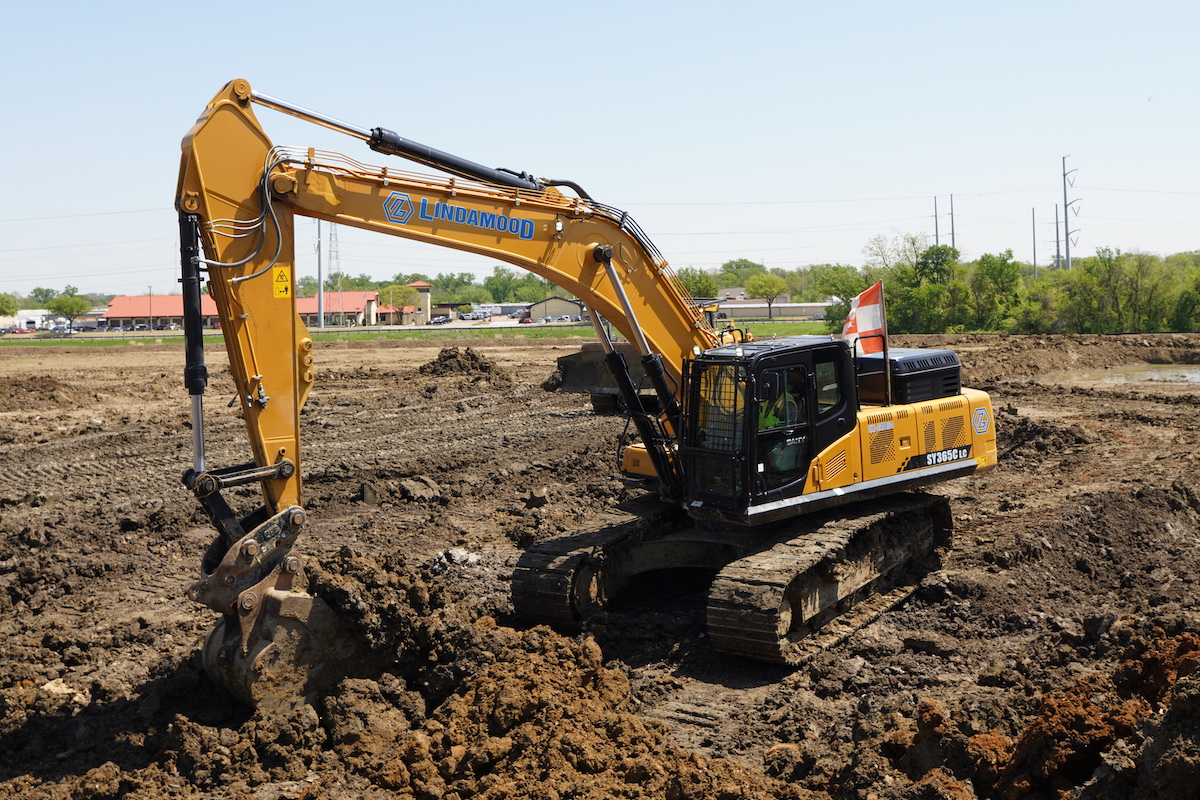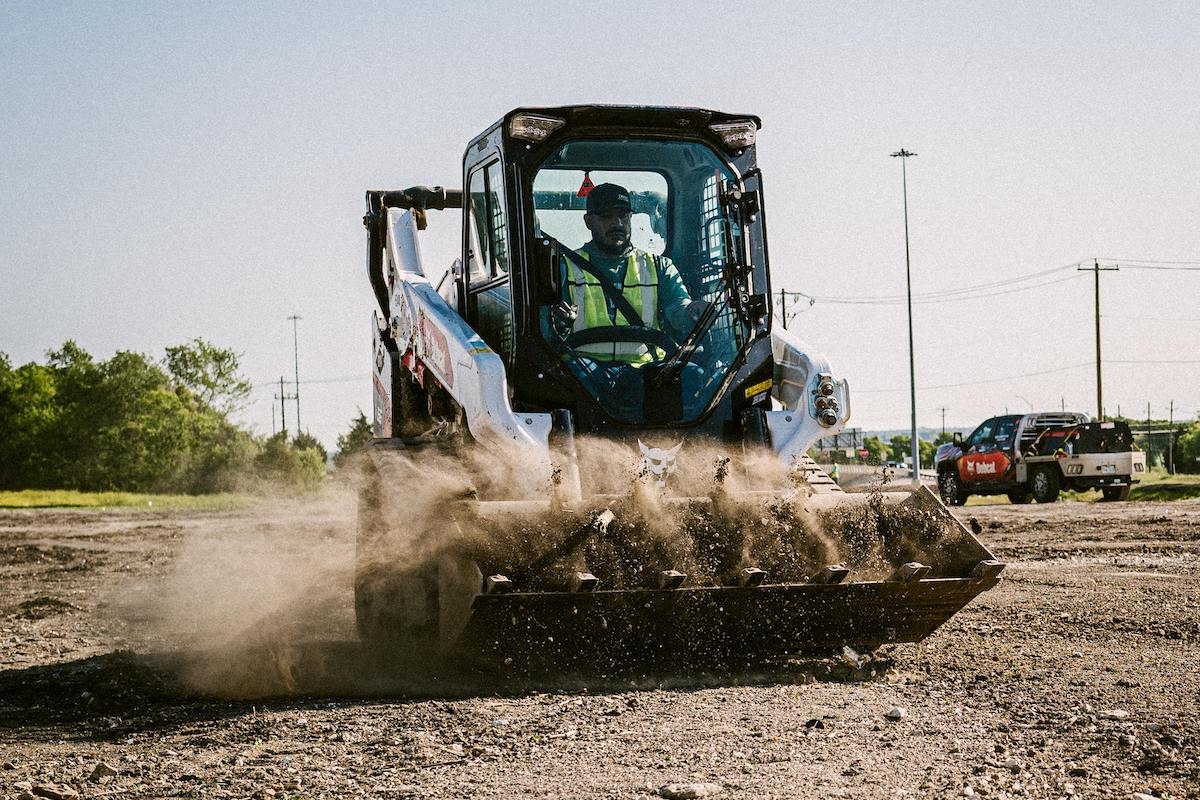According to 10 ABC news in Sacramento, California, geologists say another earthquake of a 9.0 or even greater could happen in the area at any time. They note that geological evidence says these earthquakes happen every 250 years. Scientists say that there’s a 30 percent chance such an earthquake will happen in the next 50 years.
ODOT aims to increase preparedness. The department says that based on current preparedness levels, Southern Oregon could be without services and assistance for at least two weeks, if not longer, if another Cascadia Subduction Zone earthquake occurs.
The goal of the Southern Oregon Seismic Triage and Resiliency Project is to reinforce key slopes and bridges in southern Oregon so the southwest Oregon region can remain connected and recover after a major earthquake.
Chris Hunter, ODOT Area Manager who is overseeing the project says, “We feel our area could get cut off from help and this project will aid emergency efforts. This project is to create resiliency for communities in Southwest Oregon in case we have a large seismic event.”

| Your local Trimble dealer |
|---|
| WPI |
“This project is not a wholesale retrofit, but instead focuses on problem areas which we know we can armor that will help us maintain connectivity to outside of the area,” says Gary Leaming, ODOT Project Information Specialist.
The project will touch seven slopes and 13 bridges. Three bridges are being replaced all together since it was determined that it was not cost effective to repair them. The remainder of the bridges are being retrofitted with the buckling restrain brace system that is “typically found on vertical construction” according to Hunter.
To determine which slope and bridges to focus on – since there’s not enough funding to reconstruct all of them – ODOT commissioned a seismic plus report in 2014. “The goal was to determine our priorities and work on routes that will allow first responders to have access,” Hunter says.
About the slopes, he says, “There were two aspects we considered when looking at the slopes: the history and past slides, as well as how many lanes we would lose and if it would impede traffic.” ODOT wants to maintain a minimum of one lane and not lose the structure of the roadway.
The reasoning behind this project is intimidating. After all, it can have life and death ramifications and the need could occur at any minute, so the necessity to act now is urgent. “It’s something serious that we think about, but day to day operations have to continue,” Hunter says. “We work with emergency management services as best we can to put the plans in place.”

| Your local Wirtgen America dealer |
|---|
| Kirby-Smith Machinery |
| Nueces Power Equipment |
Getting the bridges so they reach the appropriate seismic standard level has been a challenge. “We’ve had to develop several different iterations to determine what will fail and what improvements will be the best solution,” says Hunter. The team looks at beams, columns, footings, and then again at the model. “The design aspect is very complicated.”
In addition, Hunter notes that only certain types of bridges can use the brace system. Other bridges may require enlarging caps underneath the beams to hold the bridge in place. He emphasizes that there are a plethora of options, and “we run through them to make sure we have the right solution.”
And the slopes? It’s all about the Geotech information. The challenge is how many holes to put in the ground and “balancing how much info I need to properly analyze and make the best decision that is cost effective,” says Hunter. He adds that there are many large ancient slides that ODOT can try to stop, but in reality, it’s about minimizing movement. There are a number of options on how to protect the roadways from the slopes including drive and pile, putting in a huge rock to act as a barrier, and putting in horizontal drains to pre-drain excess water.
Regarding scheduling, Hunter is also confident. “Because much of the strategizing has happened up front, the project manager has been able to maintain the current schedules and delivery,” says Hunter.
H.P. Civil is serving at the contractor for the current phase of the project. The Stayton, Oregon-based company has performed work for ODOT in the past and is experienced in this type of project.

| Your local Wirtgen America dealer |
|---|
| Kirby-Smith Machinery |
| Nueces Power Equipment |
About the project, Leaming says, “It’s out of sight and out of mind as people go about their business, but if we do get a big earthquake, this investment will pay huge dividends for the economy and safety, as well as give us a lifeline route post Cascadia.”
As ODOT prepares for an eventuality which they hope will never come to pass, this preventative project may very well enable a devastated area to have a semblance of normal should the big event occur. The Southern Oregon Seismic Triage and Resiliency Project could allow the area to stay connected to the outside world and help save lives.

















